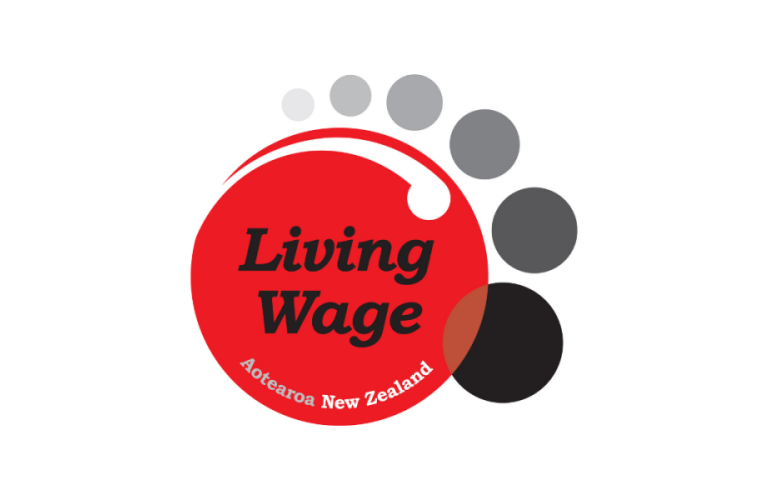Living Wage Schools
Documents

While the living wage (currently $23.65 and from September $26.00 an hour) has formed a baseline for wages in the core public service and in public hospitals, our state and state integrated primary and secondary schools are out of step with these developments.
School caretakers, cleaners, canteen and grounds workers employed by private contractors are employed on the statutory minimum wage (currently $22.70 an hour) or very close to it. We project that there are between 8,500 – 10,000 workers who would be affected by our living wage schools push.
Many of these workers clean the schools at which their children attend. The low wages have a direct impact on their families and ultimately on the education of the children.
The Living Wage Pledge
We will be asking boards of trustees to support the living wage being paid to the workers employed by school contractors, providing the Government provides the funds for the initial increase and the ongoing adjustments. We will request schools sign the 'living wage schools pledge'. The pledge will be worded as follows:
We as [insert school] pledge our support to the Living Wage Movement’s ask that central government provide targeted funding to state and integrated schools to ensure that they are able to deliver the living wage to both direct and contracted cleaners, caretakers, canteen staff, and grounds keepers. Provided that such targeted funding does not compromise any other future operational funding.
Such an approach should function to unite parents, teachers, workers, and students around the idea of ensuring that those who perform essential work are valued and receive a wage that allows them to live with dignity. Ultimately, this will foster a stronger community connection to these workers and promote the belief that nobody should be left behind in
this cost-of-living crisis.
Funding Mechanism
We envisage that the funding of the initial increase to bring the wage rates up to the Living Wage would be done by a tagged allocation in the school operations grant, and that allocation to be topped up by any increases that occur in the national collective agreement for the same group of workers who are directly-employed (NZ School Caretakers, Cleaners and Canteen Workers Collective Agreement). An approach replicating the Ministry of Educations 2019 policy that delivered the then living wage to directly employed nonteaching staff.
We also envisage that the Government will issue procurement standards for schools, which will require all tenderers for cleaning, caretaking, canteen, and groundskeepers to pay their workers the living wage. This policy would be bolstered by additional operational funding provided by central government to ensure that schools do not bear the financial burden of
tendering on the basis of the living wage.
Ultimately, the Living Wage Schools campaign aims to ensure that these workers are able to live with dignity, cover the basic necessities, and be valued for their contribution to the school community. In addition, the campaign strives to make the living wage the baseline for schools across Aotearoa, just as it is in hospitals and the core state sector.
Last modified on Wednesday, 30 August 2023 10:13
